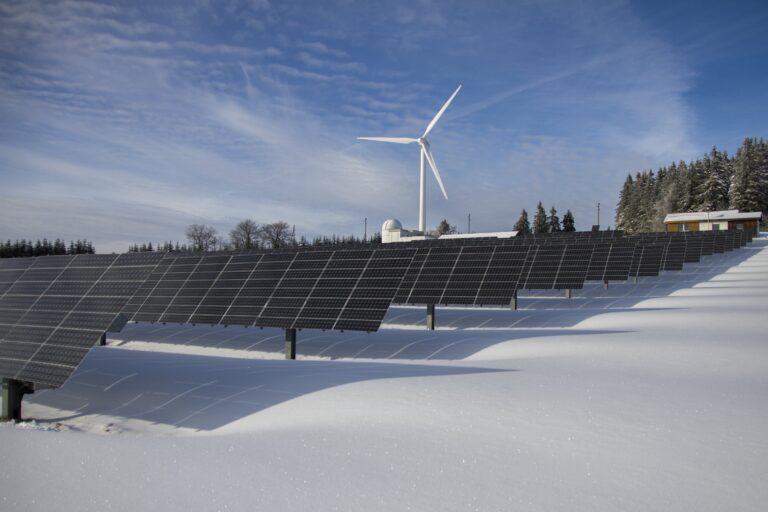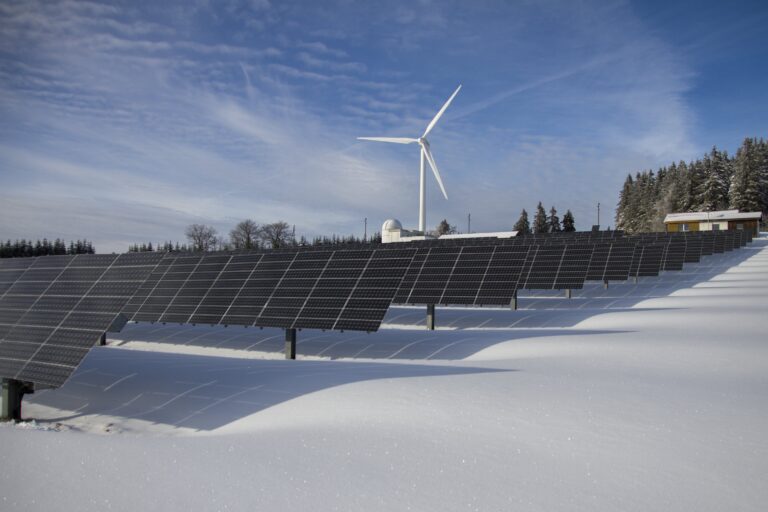$100 Oil Could Help The Climate

Oil prices have always been unpredictable. They were affected over the last seven decades by geopolitical confrontations, normal supply and demand, and decisions by oil-producing companies and nations to push up profits. The price of crude oil has see-sawed violently since the early 1970s. High oil prices have hit demand and effectively capped consumption of crude. In extreme cases, a slowing economy undercut the demand for fossil fuels. The ripple effect is on gas, jet fuel, and petrochemical production prices.
One of the largest surges in crude prices in recent history was the Arab oil embargo of 1973. US support for Israel during the Yom Kippur caused OPEC nations to cut oil exports to America. The incident ran from October 1973 to March 1974. Crude jumped from $25 to $66 in a week. According to the Center for Strategic and International Studies, “The price shock of 1973 is reported to have shrunk the U.S. economy by approximately 2.5 percent, increased unemployment and inflation, and spun the economy into a severe and extended recession (1973–1975).”
In June 2008, the price of crude jumped above $100 and briefly topped $150. As one of the deepest recessions in American history started, oil prices surged fast enough to make the recession started by a financial crisis even worse. According to The New York Times, “The immediate impetus for the price rise appeared to come from an attack by rebels in the Nigerian oil center of Port Harcourt and rough weather in the Gulf of Mexico that slowed Mexican oil exports.” Once again, the American economy, and the economies of Europe, experienced crippled consumer spending and, with it, eventually, less demand for oil.
Oil topped $100 again in June 2022 and briefly moved above $120. This was a simple case of supply and demand. OPEC+ had kept shipments low. This coincided with a major economic recovery, both in the US and developed countries, particularly in China, the largest importer of crude oil.
Production decisions by OPEC+ may be about to drive oil up sharply again. The organization has made no formal comments. However, production cuts by some members could choke off several hundred thousand barrels a day when the global economy appears to have dodged an expected recession. So far, the reaction has been muted, and crude remains at above $75. However, it is worth remembering that the 2022 spike took only a matter of days.
Oil prices usually affect oil consumption. The economy may be damaged, but that is good from a climate change standpoint.






